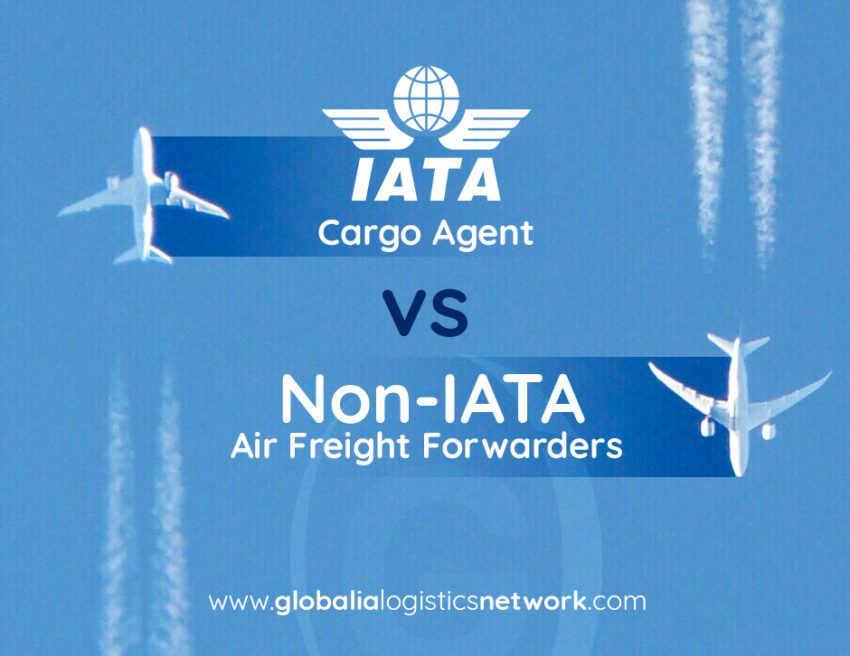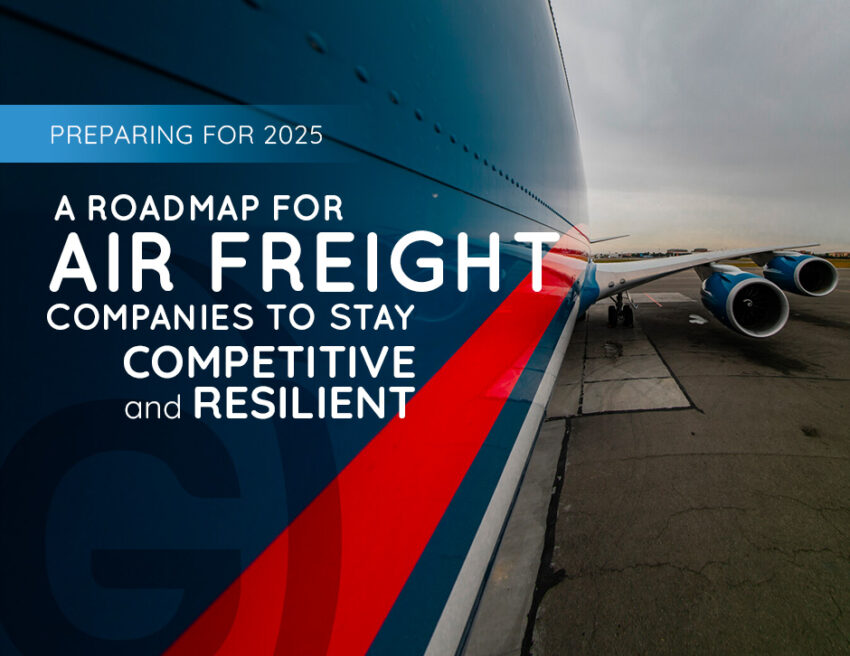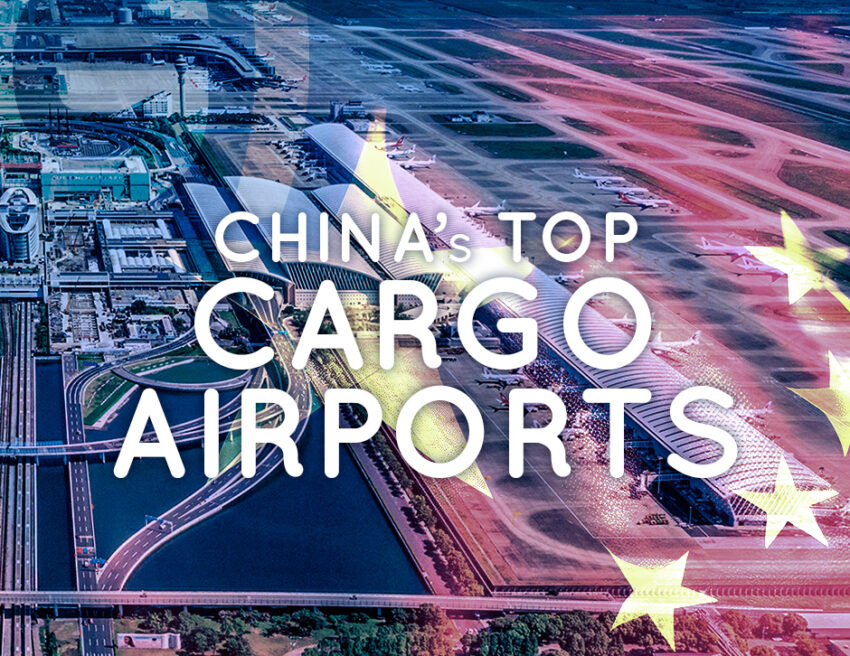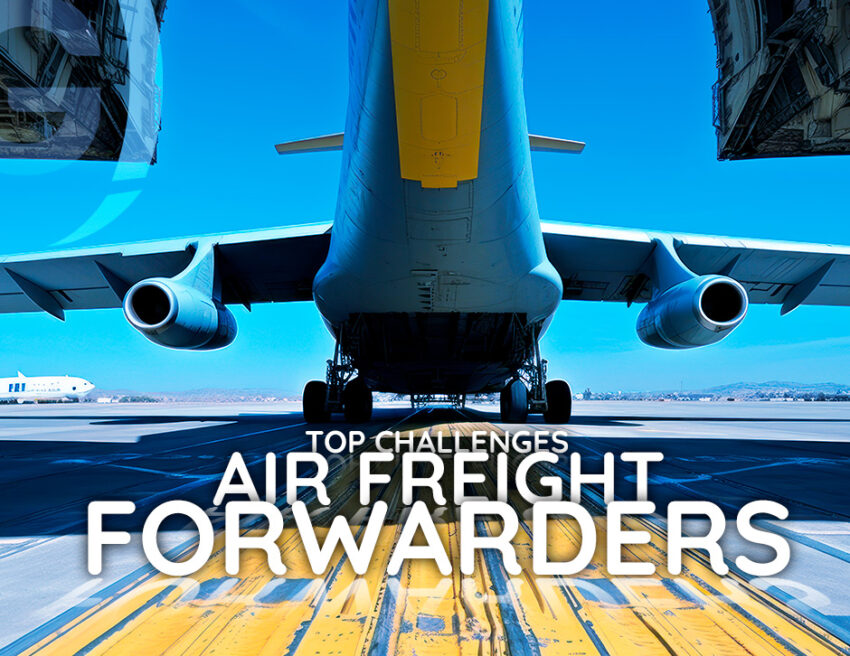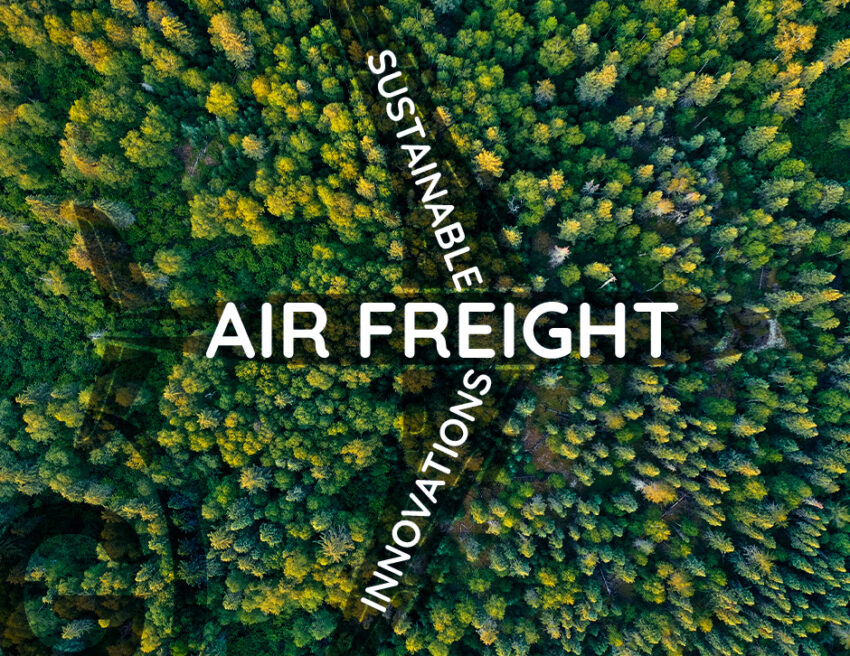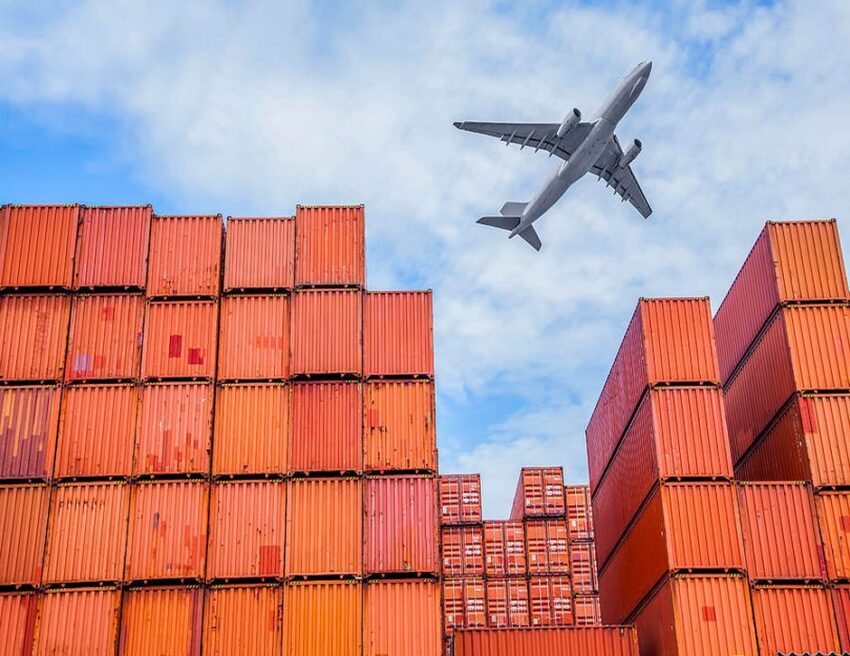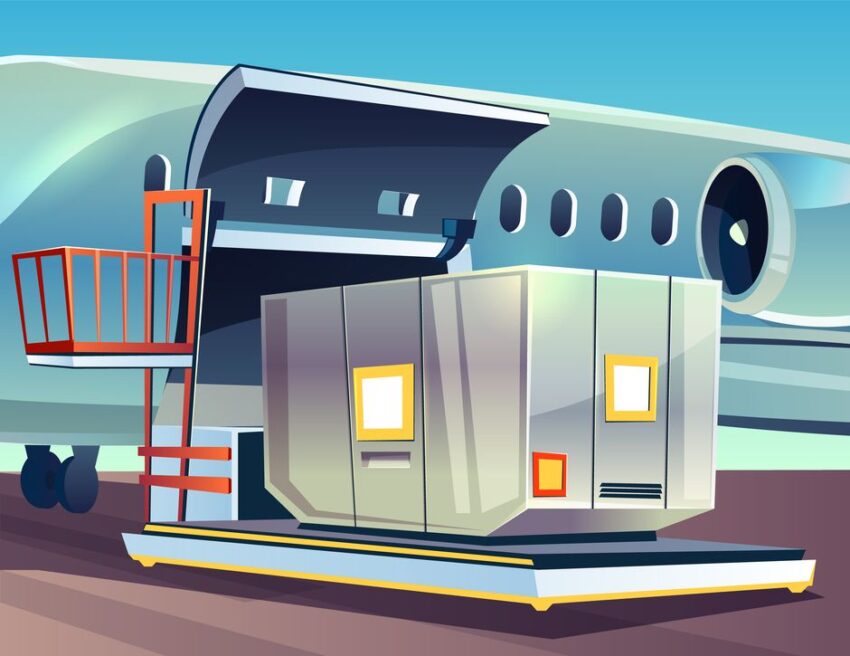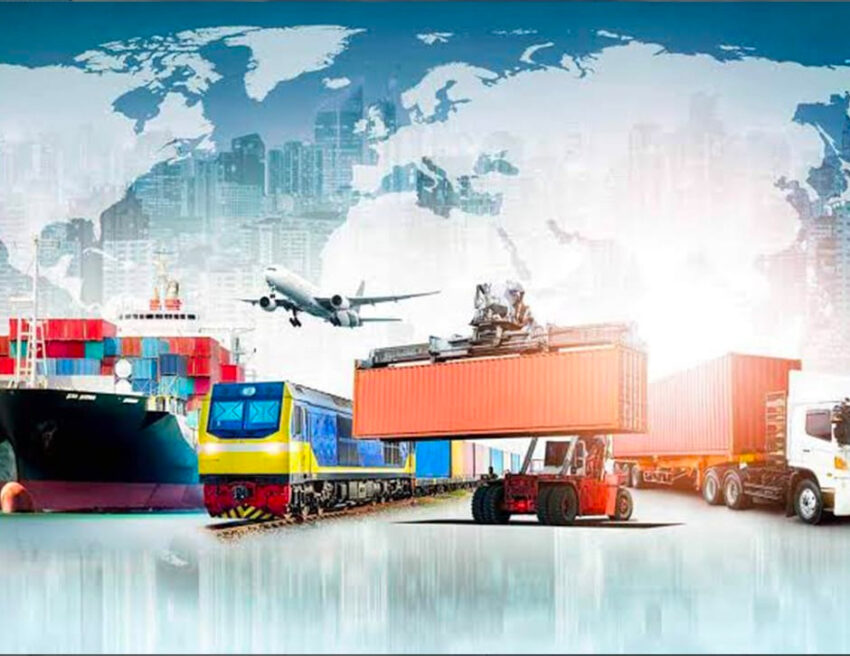The world of air freight forwarders is complex and highly regulated, requiring expertise, strategic partnerships, and industry accreditations to remain competitive. One of the most debated topics among freight forwarders is whether to operate as an IATA Cargo Agent or as a Non-IATA air freight forwarder. While both play a crucial role in air cargo…
Globalia Blog
Tag: air freight forwarders
Preparing for 2025: A Roadmap for Air Freight Companies to Stay Competitive and Resilient
As we approach 2025, the air freight industry finds itself at a critical juncture. The sector is facing unprecedented challenges, including fluctuating fuel prices, regulatory shifts, capacity constraints, and the increasing need for sustainability. Simultaneously, advancements in technology, changing customer expectations, and global economic uncertainties are redefining the air freight landscape. To remain competitive and…
Exploring China’s Top Cargo Airports: Powering the Nation’s Air Freight Boom
China’s air freight industry is nothing short of a powerhouse. As one of the world’s largest export hubs, China’s logistics capabilities have been driven by a vast network of airports, ports, and roads that connect the country’s production centers to every corner of the globe. In particular, the country’s cargo airports play a pivotal role,…
Should Your Air Freight Company Become an IATA Agent? A Comprehensive Overview
Deciding whether to pursue International Air Transport Association (IATA) accreditation is a significant consideration for air freight companies. While IATA offers substantial benefits to accredited agents, the process involves considerable commitment and resources. This blog explores the advantages and disadvantages of becoming an IATA agent, helping freight forwarders evaluate whether this accreditation fits their business…
Top challenges for air freight forwarders in 2024 and how to overcome them
Air freight stands out as the fastest, most reliable, and better-serviced mode of transportation when compared to other alternatives. Despite its relatively higher costs, air freight is the preferred choice for critical and high-value shipments, despite the challenges it presents. Some of the challenges air freight forwarders regularly face encompass cargo restrictions, limited processing time,…
Sustainable Innovations in Air Freight Industry for Minimizing Environmental Footprint
The formulation of enduring strategies and investments aimed at fostering sustainability is imperative to ensure the continued viability of the air freight industry. While air freight remains a critical player in facilitating global trade, it is essential to acknowledge its contribution to greenhouse gas emissions. The air cargo sector contributes 2% to global carbon emissions….
How the Electronic Air Waybill (e-AWB) is helping to digitize the air freight shipping industry
The digitization initiative in air freight shipping industry encompasses various stakeholders such as carriers, air freight forwarders, ground handlers, shippers, customs brokers, and customs authorities. Its primary objective is to establish a fully digital transportation system for air cargo, eliminating the need for paper-based processes. This endeavour involves the development of a regulatory framework, utilization…
Explaining the drop in demand in the air freight industry
Presently, the air freight industry is dealing with multiple hitches such as grounded planes, trimmed routes, and a decline in demand. In fact, some of the multinational air freight companies are signaling a slackened demand as compared to the times of the pandemic. With less than two months to go until the start of the…
How digitization can help to revitalize the air freight industry
The pandemic dealt a heavy blow to the passenger side of the aviation industry, but the same is not true for the air freight industry. The air cargo business boomed during the pandemic with skyrocketing demand for goods and the expanding e-commerce sector. More importantly, the pandemic has accelerated the process of digitization in the…
The space shortage in the air freight shipping industry and how logistics companies are dealing with it
The air cargo carriers are taking several measures for coping with the strong demand for air cargo space. In a time when the ocean freight sector is becoming increasingly unreliable because of container shortage and delays, more and more manufacturers are counting on air freight services to move their items. However, the air freight sector…


